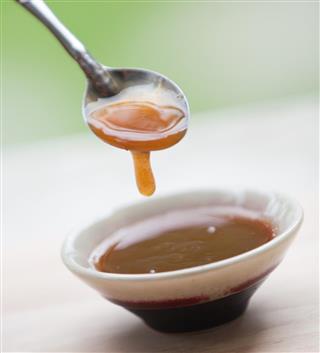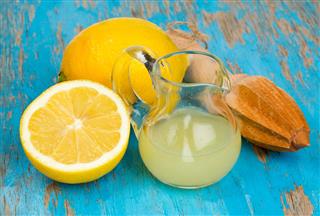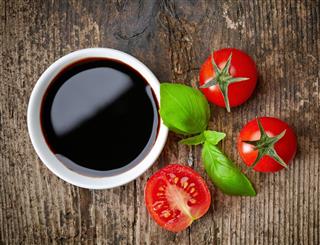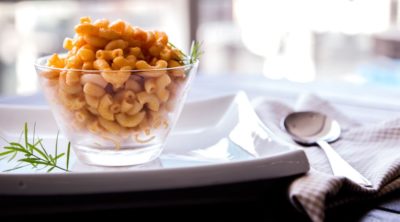
Vinegar can be substituted with lemon juice or wine, but you must have a basic idea about the right proportions. Here is a brief overview about replacements for vinegar in cooking.
It is believed that, various types of flavored vinegar were prevalent in different parts of the world, before 5,000 years. So vinegar has a long association with humans, and is a main ingredient in some food recipes. Even though vinegar is commonly found in the kitchen, you may run out of this ingredient, while preparing a recipe that calls for it. In such circumstances, you can opt for some vinegar substitutes.
What can You Substitute for Vinegar?
Vinegar is commonly used for preparing pickles, sauces, vinaigrette, and even desserts. It is also used in marination of meat. There are various methods of preparing vinegar; but mostly, it is made by adding bacteria to diluted wine, ale, fermented fruits, or grains. This results in the formation of acetic acid, which imparts the sour flavor of vinegar. Even the name ‘vinegar’ is derived from a French word that means ‘sour wine’. There are various types of vinegar, that vary with the raw material used. They include apple cider vinegar, persimmon vinegar, rice vinegar, balsamic vinegar, palm vinegar, malt vinegar, sherry vinegar, and coconut vinegar.
While vinegar is widely used in food recipes, you must have a basic understanding about its substitutes. One of the main points to be noted while using a vinegar substitute is that, it must not alter the flavor and texture of the dish. So, such substitutes have to be used according to the dish you want to prepare.
- If you want a vinegar substitute for baking, use lemon juice. If you require ¼ cup white vinegar for baking, replace it with ⅓ cup of freshly squeezed lemon juice, or ¼ cup of apple cider vinegar.
- If you need a vinegar substitute for cooking, use lemon juice. In this case, use double the amount of vinegar required. If the recipe calls for a tablespoon of vinegar, replace it with two tablespoons of lemon juice. In some cases, white wine is also used in the same ratio. But make sure that these substitutes do not spoil the original recipe.
- If you want a replacement for vinegar, for making sauces, fortified wine (or regular wine) can be used. In some cases, tamarind paste is also used as a replacement for vinegar.
- If you need a white vinegar substitute for making pickles, apple cider vinegar or malt vinegar can be used. However, they may discolor light-colored fruits and vegetables. Make sure to check the acidity levels of the vinegar before use. At least 5% of acidity is required.
These substitutes have to be used as per the flavor and texture of the dish. Balsamic vinegar can be replaced with brown rice vinegar, Chinese black vinegar, sherry vinegar, or fruit vinegar. Malt vinegar, white vinegar, or wine vinegar can be used as replacements for apple cider vinegar. Malt vinegar substitutes include apple cider vinegar, lemon juice, and white wine vinegar. Rice vinegar can be substituted with apple cider vinegar, and a pinch of sugar or white wine vinegar.






